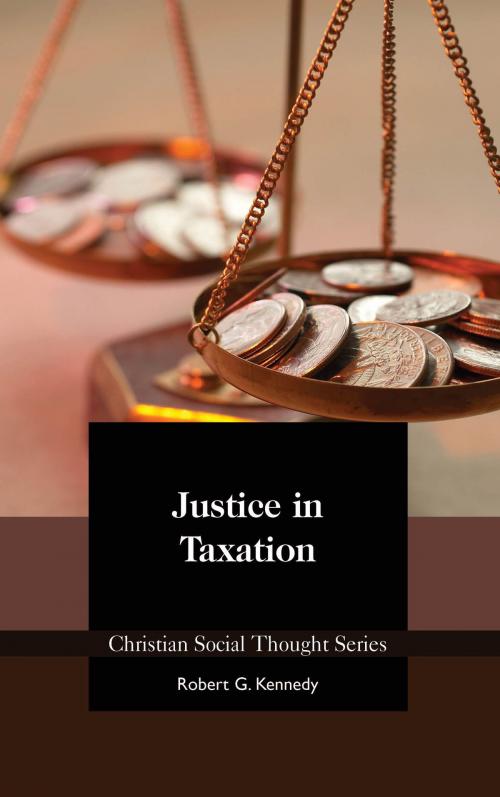| Author: | Robert Kennedy | ISBN: | 9781942503736 |
| Publisher: | Acton Institute | Publication: | March 5, 2018 |
| Imprint: | Smashwords Edition | Language: | English |
| Author: | Robert Kennedy |
| ISBN: | 9781942503736 |
| Publisher: | Acton Institute |
| Publication: | March 5, 2018 |
| Imprint: | Smashwords Edition |
| Language: | English |
As with many topics within Catholic social teaching, the virtues of justice and prudence are indispensable tools in our efforts to assess and generate tax policies that truly serve the good of all. Professor Robert Kennedy displays the same virtues as he recounts the history of taxation, analyzes its moral dimensions, and considers the merits and demerits of contemporary theories and practices. Kennedy’s learned, thorough, and even-handed treatment of taxation in the light of the Catholic social tradition raises the important questions and clarifies the important issues with respect to the morality of taxation. Kennedy recognizes the state’s role in society and justifies its collection of revenue to support its proper functions, but he also does justice to the dignity of the person, the centrality of the family, and the indispensable role of civil society. With its well-rounded enunciation of the moral obligations pertaining to all parties—individuals, associations, and governments—this book enables us to take a large first step toward formulating tax policies that are both and sensible and ethical.
As with many topics within Catholic social teaching, the virtues of justice and prudence are indispensable tools in our efforts to assess and generate tax policies that truly serve the good of all. Professor Robert Kennedy displays the same virtues as he recounts the history of taxation, analyzes its moral dimensions, and considers the merits and demerits of contemporary theories and practices. Kennedy’s learned, thorough, and even-handed treatment of taxation in the light of the Catholic social tradition raises the important questions and clarifies the important issues with respect to the morality of taxation. Kennedy recognizes the state’s role in society and justifies its collection of revenue to support its proper functions, but he also does justice to the dignity of the person, the centrality of the family, and the indispensable role of civil society. With its well-rounded enunciation of the moral obligations pertaining to all parties—individuals, associations, and governments—this book enables us to take a large first step toward formulating tax policies that are both and sensible and ethical.















